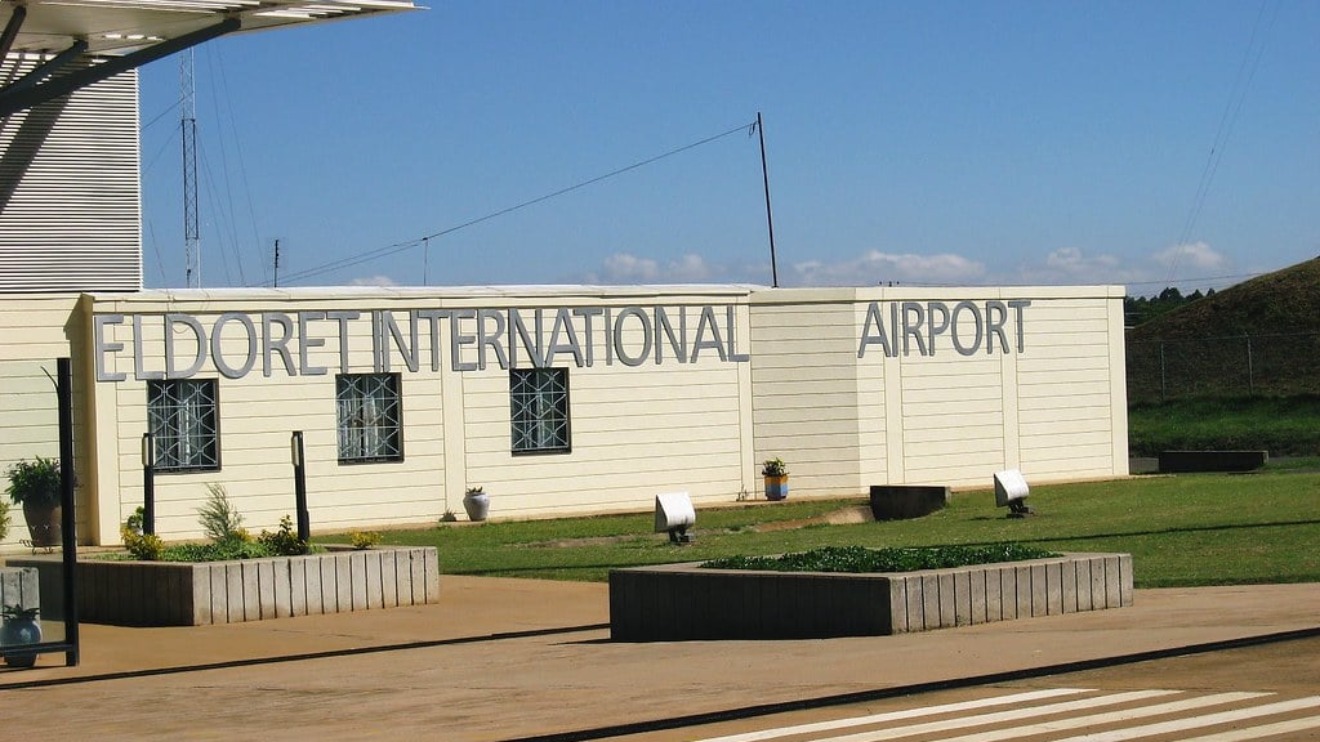After a two-month standoff that brought cargo operations to a grinding halt, Eldoret International Airport has finally resumed its vital business activities.
The impasse, sparked by a government tax policy shift, saw small traders protest against the new taxation method that computed taxes per unit instead of the previous per kilogramme basis.
In a decisive meeting attended by key stakeholders in the freight industry, including Cabinet Secretaries Kipchumba Murkomen (Roads, Transport and Public Works) and Moses Kuria (Trade and Industry), a consensus was reached.
The traders, operating under the Kenya Association of International Cargo Consolidators (KAICC), agreed to adhere to the new regulations outlined by the Kenya Revenue Authority (KRA).
Under the new tax policy, individual importers will now be required to pay taxes for each item shipped into the country through Eldoret International Airport.
Read More
This change is poised to have a considerable impact on the cost of consolidated cargo, a fact acknowledged by Murkomen.
He lamented the suspension of cargo operations and underscored the revenue losses incurred during this period.
“The suspension of cargo flights for such a period amounts to heavy losses in terms of revenue and it might take about six months to recover,” Murkomen.
The suspension of operations had broader repercussions, with an 83 per cent reduction in cargo being a direct result.
Murkomen, looking to the future, shared the airport's expansion plans.
The runway will be extended by 600 meters, from the current 3.5 kilometres to 4.1 kilometres, to accommodate larger cargo flights.
This expansion, set to be completed by December, will require the acquisition of additional land.
“This is a great milestone for the business community and farmers in the region and beyond as it will ensure faster transportation of goods, expand the scope of business, and improve livelihoods,” Murkomen emphasized.
Abdirahman Bashir, Secretary General of KAICC, noted the hardships faced by the consolidators due to rerouted flights and contract penalties.
"Suspension of flights has seen an 83 per cent reduction in cargo and has come at a cost, including penalties from airlines due to termination of long-term contracts. Furthermore, it became challenging for consolidators to secure flights when services resumed, as many flights had been rerouted to different regions," Bashir stated.
The Ministry of Roads, Transport and Public Works is actively working alongside private sector partners to actualize these infrastructure upgrades.
This collaboration aims to facilitate not only the expansion of the runway but also the construction of warehouses.









 shares a light moment with the company's Group CEO Dr Patrick Tumbo (right) at a past event-1758121528.jpeg)
-1758116028.jpeg)

